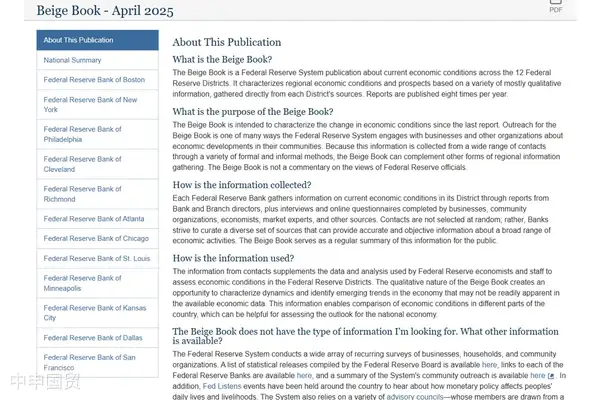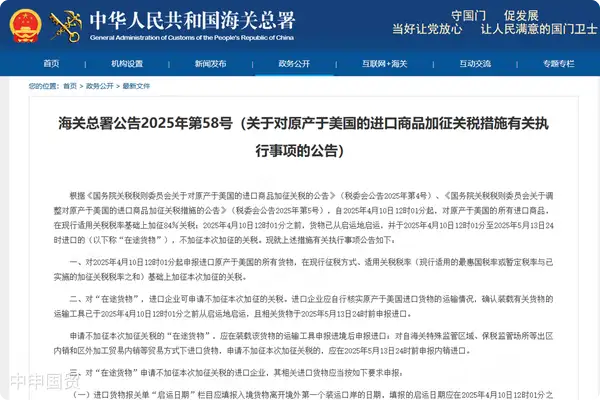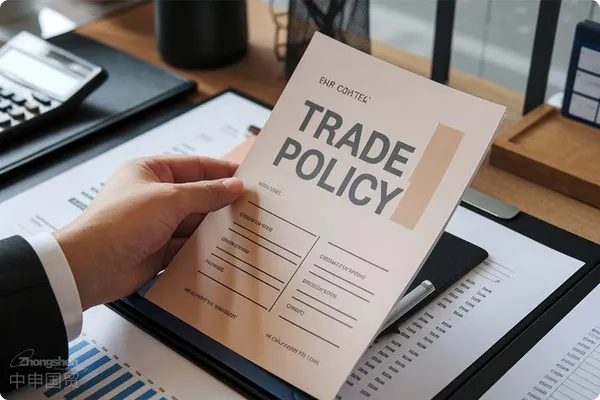- Shanghai Zhongshen International Trade Co., Ltd. - Two decades of trade agency expertise.
- Service Hotline: 139 1787 2118

Introduction
In todays globalized world,Automotive partsimports have become an indispensable part for many businesses. However, this process involves complex logistics, customs clearance, and trade compliance issues, posing significant challenges for many companies. This article will use a real case study to detail the auto parts import process, common issues, and solutions, helping companies operate efficiently in complex international trade.
Case Background
A domestic automobile manufacturer planned to import a batch of high-end auto parts from Germany, including engine components and electronic control systems. As this was their first large-scale import operation, they chose a professionalforeign tradeagency service company to assist with the process.
Detailed import process
- Demand Analysis
- Conduct in-depth communication with the client to clarify the specific types, quantities, and quality standards of the imported parts.
- Analyze market supply and demand to determine optimal procurement strategies.
- Supplier Selection
- Evaluate three German suppliers based on multiple dimensions including quality, price, and delivery time.
- Conduct on-site inspections to ensure suppliers production capacity and quality control systems meet requirements.
- Contract signing
- Clearly define contract terms including price, delivery time, payment methods, and liability for breach of contract.
- Ensure the contract complies with international trade regulations, especially regarding intellectual property and product quality.
- Logistics Arrangement
- Select reliable logistics partners to ensure safe and timely delivery of goods.
- Arrange cargo transportation insurance to mitigate shipping risks.
- Customs Declaration and Clearance
- Prepare complete customs clearance documents, including invoices, packing lists, bills of lading, etc.
- Maintain good communication with customs to ensure fast and smooth clearance procedures.
- Quality inspection
- Conduct quality inspection immediately upon goods arrival to ensure compliance with contract requirements.
- If issues arise, communicate promptly with suppliers to negotiate solutions.
Common issues and solutions
- : Insure against supply chain interruption risks (such as war risks, strike risks), and reserve 10% - 15% safety stock.
- Choose multiple logistics providers to diversify risks.
- Arrange transportation in advance with sufficient buffer time.
- Customs clearance issues
- Hire professional customs brokers to ensure complete and accurate documentation.
- Stay updated on the latest customs policies and adjust clearance strategies accordingly.
- Quality issues
- Specify quality standards and inspection methods clearly in contracts.
- Establish long-term supplier relationships to ensure stable product quality.
Conclusion
Through professionalImport Representationservices, enterprises can effectively address various challenges in auto parts import, ensuring safe and timely delivery while meeting quality requirements. Choosing an experienced foreign trade agency company not only saves time and costs but also reduces risks and improves overall operational efficiency. We hope this case analysis provides valuable reference for your auto parts import business.
Related Recommendations
Core Business
Contact Us
Email: service@sh-zhongshen.com
Related Recommendations
Contact via WeChat

? 2025. All Rights Reserved. Shanghai ICP No. 2023007705-2  PSB Record: Shanghai No.31011502009912
PSB Record: Shanghai No.31011502009912









